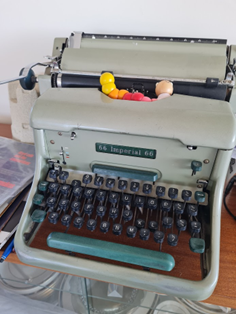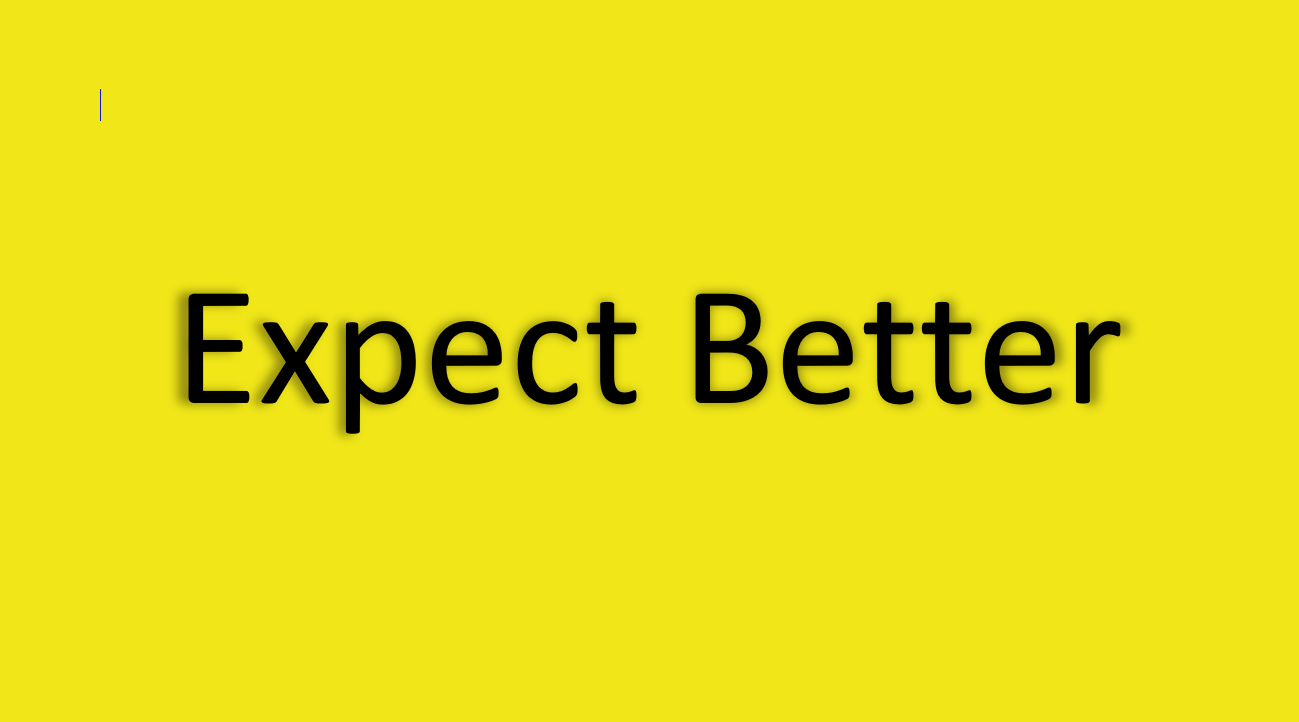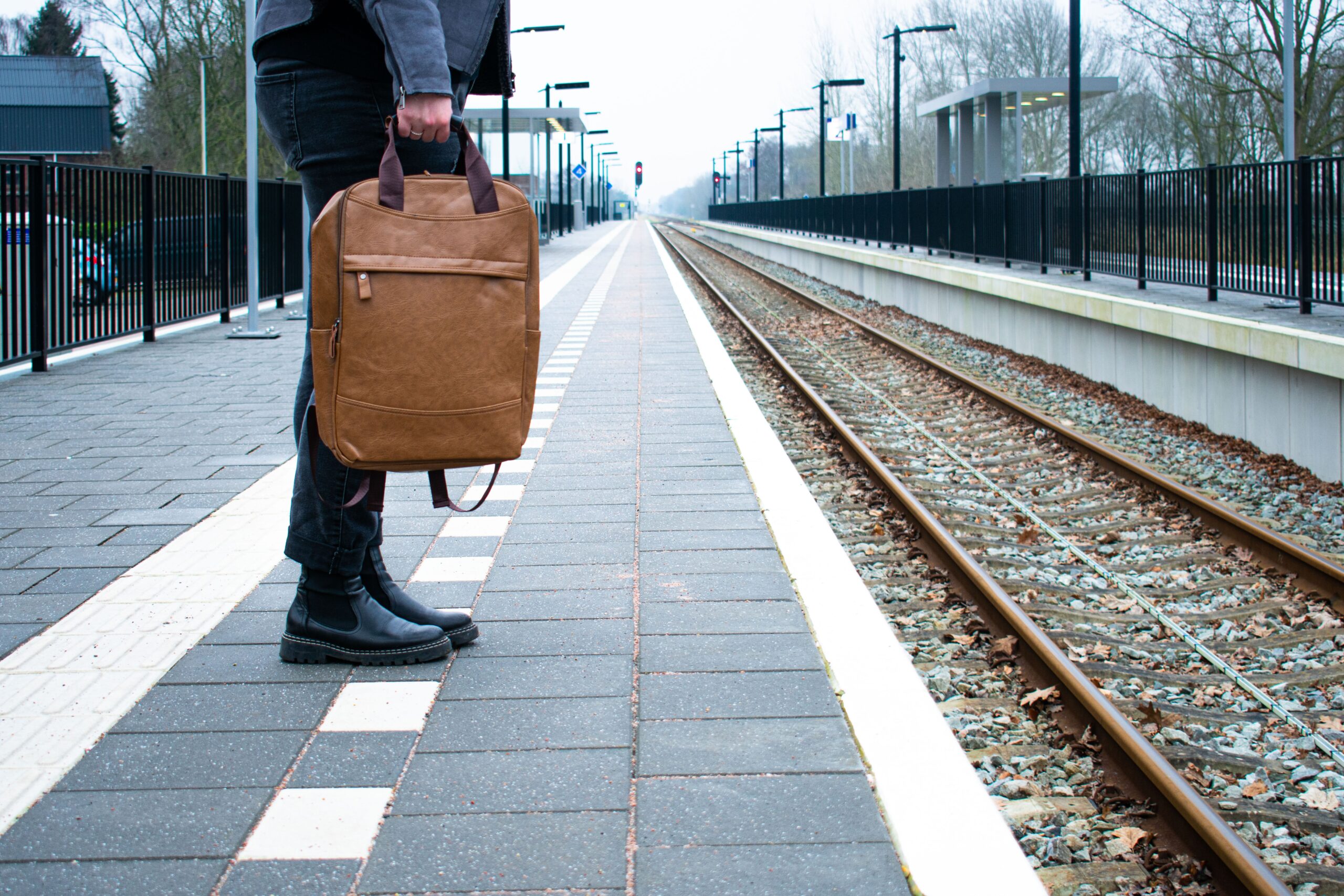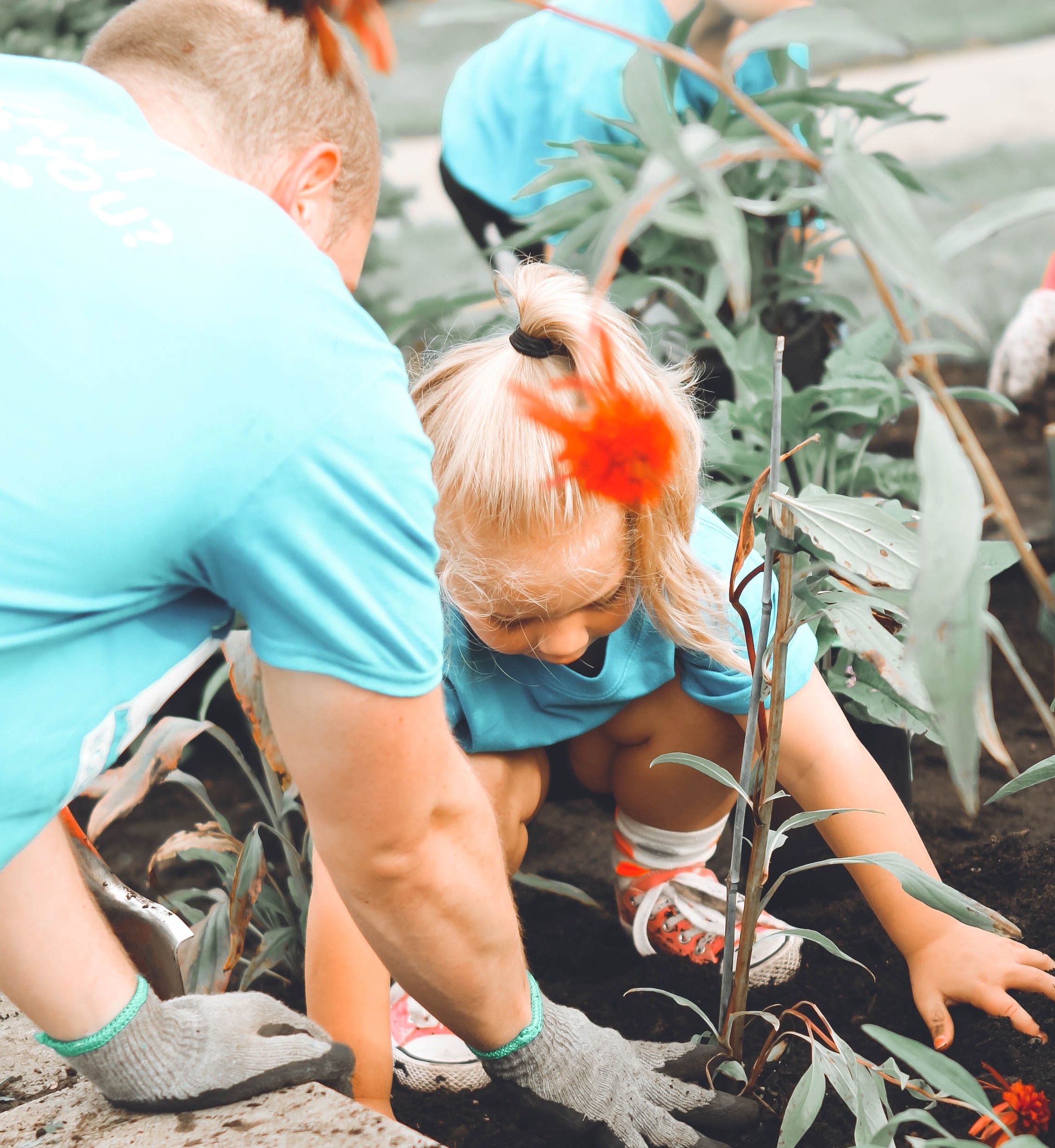
.
Things are pretty fraught at the moment. There’s the new restraint requirements, the new curriculum developments, the on-going contract negotiations with the government (are they even negotiations? They feel a bit like dis-negotiations). And there’s the constant wave of Covid sickness. Oh and as we head into the winter months there’s a new round of flus and nasty bugs.
Nothing really seems to change, just the depth of the rubbish or crap that you find yourself in.
And among all this “stuff” are these things called humans who keep running into your schools and demanding to be, well, demanding. Have things got worse? Are people angrier, more disagreeable, less patient and altogether less sympathetic, empathetic and just a little bit more pathetic?
It might be a relief to hear that yes, they are. Tempers are shorter these days. And it’s not just you wearing it, but people across the country
A recent Spinoff article called “Tempers seem shorter than ever these days. Is it always going to be like this?” gives a good account of this in places other than schools
One person working in a service industry lamented the daily abuse she receives wondering “if customers weren’t really concerned about the products, or her service, at all. It was more that there was other stuff going on in their lives and this was the final straw”.
No doubt we see similar behaviours in our schools. And this isn’t confined to students, but to adults as well, who should really know better.
The Spinoff article goes on to ask a crucial question; “Have we escalated to the point of no return, pushing New Zealand into an age of intolerance, where petty personal beefs escalate into incidents far greater than the sum of their parts?”
If so then this brings yet another dimension to our workplaces, and it’s not a pretty dimension at that.
Clinical psychologist Kirsty Ross likens the human brain to an iPhone battery, in that when it’s low in power, it begins shutting down functionality. “That ability to think things through thoroughly and evaluate – ‘Is this a threat or am I just tired?’ – becomes a little bit more compromised,” she says. “So you perceive things as being bigger and more difficult and more challenging than you might have otherwise done if you were in a more rested state, physically and emotionally.”
Wow! Does this sound like something you may have witnessed in your school?
These behavioural impulses are called micro-aggressions.
Well known Belgian psychotherapist Esther Perel argues that mental health and relationship health are inseparable. Social connection is essential for surviving and thriving.
What does this mean for the mental health of the people working in our schools?
Back to the Spinoff article, and we hear Dr Claudia Wyss suggesting that things will get better. “Things are cyclical [but] we’re humans. I believe there’s light at the end of the tunnel.”
She believes that doing simple things when you find yourself in certain confronting situations can really help. Like just taking time to pause and breathe. And not taking it too personally. This too will pass.
I’d like to offer three more words –
Yet and As If
Yet, is a great word. It works perfectly on the end of a negative sentence:
Things aren’t wonderful in my life, yet.
Things haven’t improved for me, yet.
I don’t seem to be experiencing what I thought I would be experiencing, yet.
Yet gives you the immediate sense that it won’t always be like this; that there is a future and things will be different.
As if, is a great phrase, but it comes with a warning.
As if works in any situation where you find yourself wondering how to navigate your way through:
Feel as if things are going to work out
Act as if you would if you want the situation you find yourself in finishing calmly.
Speak as if the words you are saying are given in a tone that you yourself would feel comfortable hearing.
Support as if you were the one getting the support that you needed.
Ok, so the warning with these as if statements is that you will undeniably be called upon to use these in challenging times that will involve you hiding your emotions. That is tough. No doubt about it.
But if you head into these situations with the understanding that this isn’t really about you at all, but instead it’s about you being a conduit for something else, then that can often be really useful.
Claudia Wyss seems optimistic. In the Spinoff article she believes things will change, that people will be nice again, and that she will be able to stop issuing body cams to her staff sometime soon. That sounds positive!
So maybe it’s not me, or you, but it’s us, and it’s just a matter of time.
Steve






